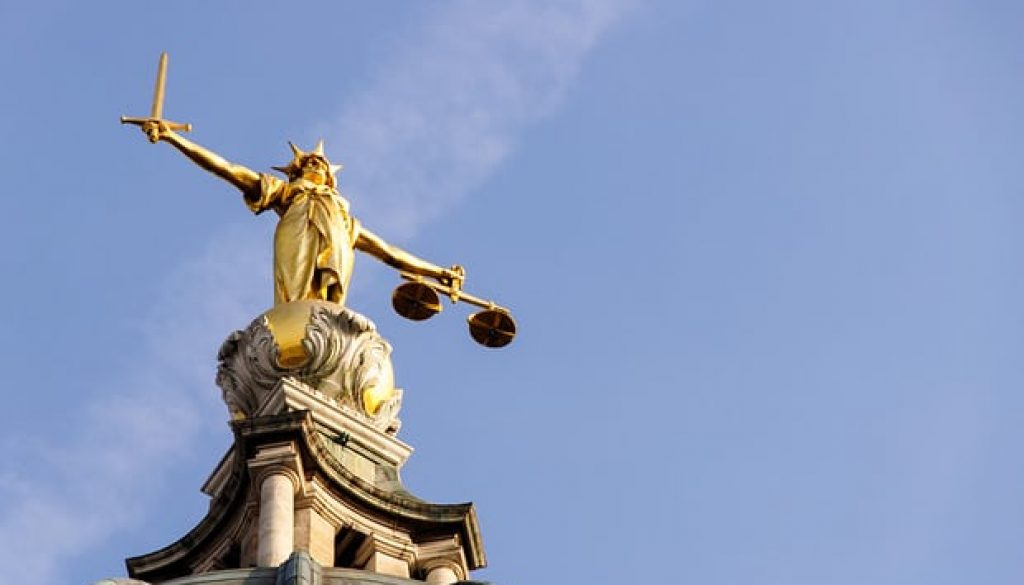Prisoners denied access to forensic evidence in bid to prove their innocence
For miscarriage of justice victims looking to overturn their wrongful convictions, one of the most significant challenges they encounter is the refusal of police and Crown to allow access to crucial evidence that could fatally undermine the case against them.
From The Guardian online yesterday (10 July), we reproduce an interesting article that highlights this problem as it is encountered south of the border. Be in no doubt, however, that this same denial of access to justice is to be found, in the same form, here in Scotland.
Prisoners convicted of serious crimes who may be the victims of miscarriages of justice are being blocked from access to crucial forensic information that could prove their innocence, experts have warned.
Campaigners are calling for legal reforms to provide improved access to evidence that may help prove the innocence of the wrongly convicted. They say a supreme court ruling in 2014 is effectively being used to deny access to police files and evidence.
The Law Commission, the statutory independent body that reviews the law in England and Wales, confirmed this weekend it is reviewing the law around criminal appeals.
Appeal, a charity and law practice that fights miscarriages of justice, wants any review to include an overhaul of the rules of disclosure and a new independent body to oversee the regime.
James Burley, an investigator at Appeal, said: “I’ve no doubt there are innocent people who can’t access evidence because of the fact that the law on post-conviction disclosure is so restrictive. It’s incredibly unjust.”
Lawyers or investigators working on potential miscarriages of justice cases are routinely denied access to evidence, while court transcripts may only be made available at a cost of thousands of pounds.
The supreme court case that set a legal threshold for getting access to evidence after conviction involved the case of former salesman Kevin Nunn from Woolpit in Suffolk. Nunn was convicted at Ipswich crown court in November 2006 for the murder of his former girlfriend, Dawn Walker.
The court had heard that her body was discovered naked from the waist down next to the River Lark in Suffolk and her body had been set alight with petrol. Nunn was convicted despite the fact there was no forensic evidence linking him to the crime and he had no history of violence.
It was revealed in court that sperm had been found on the victim, even though the court was told that Nunn was effectively infertile. The sperm was not DNA-tested at the time, and Nunn sought access to the evidence for new modern tests to see if there was a match to any known offender or possible new suspect.
In June 2014, the supreme court rejected his case, ruling access to such material is only required where “there appears to be a real prospect that further enquiry will uncover something which may affect the safety of the conviction”. The court ruled this threshold had not been met.
“An innocent man’s life and that of his family have been wrecked,” said Nunn’s sister Brigitte Butcher. “Kevin is still in prison after 17 years and will continue to maintain his innocence as he has done since 16 March 2005 when he was charged with murder.”
The case has had wider ramifications, with police forces routinely blocking access to evidence after conviction, citing the supreme court ruling.
Louise Shorter, founder of Inside Justice, which explores potential miscarriages of justice and has taken on the Nunn case, said: “Access to those exhibits used to be on a case-by-case basis but there now seems to be an absolute blanket refusal, with forces saying we only release material to the Criminal Cases Review Commission [CCRC].”
The CCRC is a statutory body that reviews potential miscarriages of justice and can require the production of material from the police.
“The Nunn judgment was intended to stop fishing expeditions,” another investigator observed last week. “But it’s only by going on fishing expeditions that you catch fish.”
Appeal says that one of the cases where the charity has been blocked from access to case files is that of Roger Khan, a vulnerable defendant convicted of attempted murder in Newton Abbot in Devon 2011. Khan represented himself at his trial.
The charity discovered one of the police investigators had a personal relationship with a possible alternative suspect, but the police refused a disclosure request on the exact links and the safeguards put in place to ensure the investigation was not tainted.
An attempt to challenge the decision by judicial review was rejected in 2019 on the grounds that the charity had not met the threshold required in the Nunn ruling.
Campaigners say the CCRC uses its powers conservatively and will only typically look at cases that have already been appealed.
A submission by Appeal to the Law Commission’s review warns that the Nunn judgment “leaves wrongly convicted defendants without an effective means of accessing any evidence held by law enforcement that undermines the safety of their conviction”.
The Law Commission said: “In relation to criminal appeals, the lord chancellor [Dominic Raab] has suggested that the commission should review the law, with a view to ensuring that the courts have powers that enable the effective, efficient and appropriate resolution of appeals.
“We are eager to take this work forward and are currently in discussions as to the scope of the project.”
The original article can be found HERE.

![16[2]](https://mojoscotland.org/wp-content/uploads/2024/06/162-1024x768-394x330.jpg)

